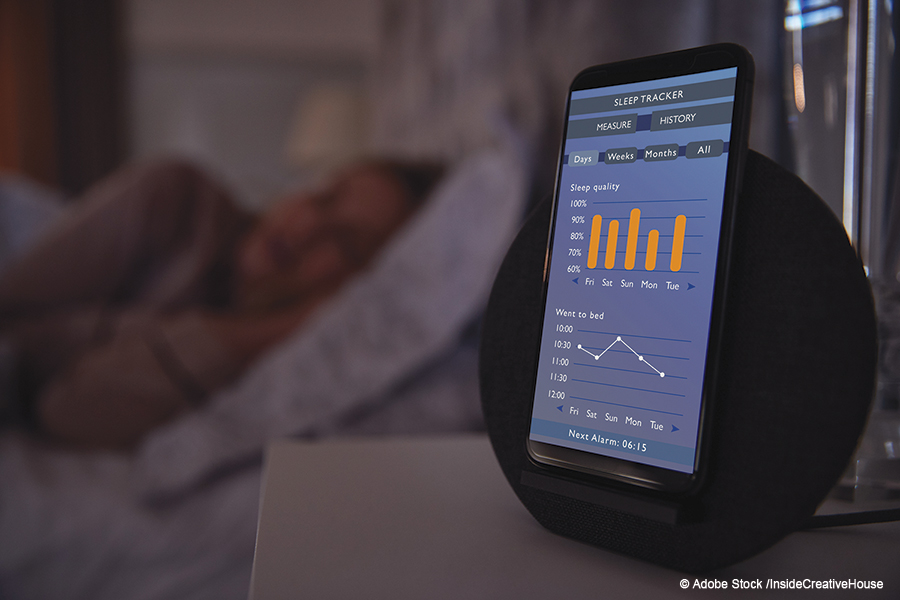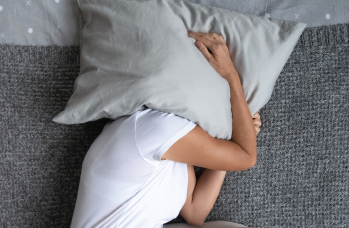Technological advancements aim to improve sleep positioning. In addition to pillows, belts, and other supports to encourage side sleeping, vibrotactile devices worn around the chest or neck can sense when someone is sleeping on their back and use a gentle but persistent vibration to remind people to change their position.


